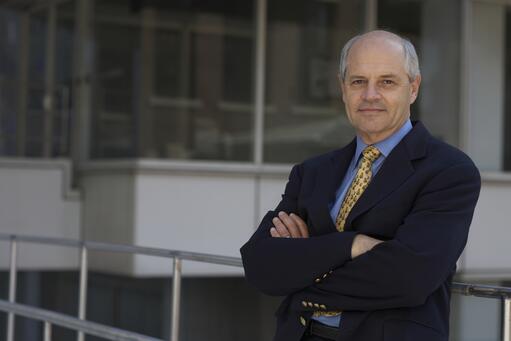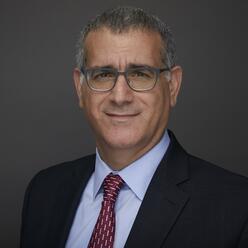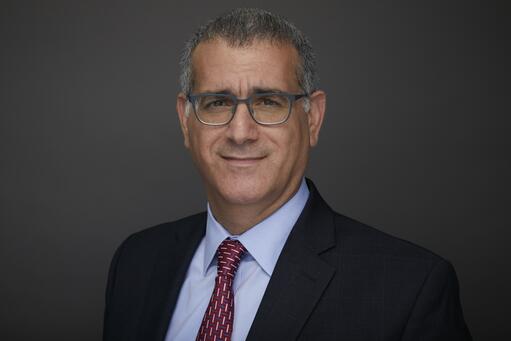Overview
The MS in Accounting and Fundamental Analysis is a full-time three-semester STEM-designated program. It focuses on active, fundamental investing with an emphasis of handling accounting information in investment analysis. Students are exposed to up-to-date research to give them an edge as investors. Research insights and quantitative skills are developed at the PhD level, followed by practical application to equity analysis, credit analysis and investment advisor.
Expected Coursework
Students must complete a minimum of 10 full-term courses (30 credits) and a thesis (3 credits). They take 21 credits of core courses and 9 credits of elective coursework from Columbia Business School or other Schools at the University.
Core Courses (21 credits)
- Introduction to Econometrics and Statistical Inference (B9323)
- Computing for Business Research (B9122)
- Capital Markets and Investments (B8306)
- Fundamental Analysis for Investors, Managers, and Entrepreneurs (B8010)
- Valuation and Financial Statement Analysis (B9010)
- Earnings Quality and Fundamental Analysis (B8008)
- Research on Investing with Fundamental Analysis (B9020)
Electives (9 credits)
Students take electives in Accounting or allied disciplines such as Finance, Economics or the school's Decision, Risk, and Operations division, it’s also possible for students to take related elective credits in other departments/schools at the University (e.g., Computer Science, Statistics, Mathematics, the Law School, etc.) Examples of some popular electives include:
- Accounting for Value (B8022)
- Accounting for Consultants (B8122)
- Applied Fundamental Analysis with Alternative Data (B8026)
- Sustainability Reporting (B8027)
- Applied Regression Analysis (B8114)
- Debt Markets (B8308)
- Asset Management (B8323)
- Corporate Financial Management (B8307)
Together, these courses make the MS candidates attractive to hedge funds, investment management firms, and consulting firms who seek quantitatively trained professionals well trained in the state of art in academic research.
Thesis (3 credits)
All MSAFA students must complete a substantial research project under the supervision of a faculty member. They will get ideas for a research project from their PhD seminar courses (B9XXX level) and the skills to execute it from their quantitative classes.
The thesis will be guided by a faculty member who will assign a grade to your work. Students meet at regular intervals with their thesis advisor to discuss their progress and provide feedback.
Most students submit their thesis and complete the program in the fall semester of their second year, typically after participating in a summer internship. However, students also have the option to complete their thesis during the summer term, allowing them to finish the program in August.
Faculty
The Program offers an opportunity to learn alongside faculty who are at the forefront of their disciplines. They are international influencers on business practices and strategies, continuing Columbia Business School’s legacy of developing the world’s top business leaders and strategists. Our faculty are exceptionally invested in student success and help create a collaborative culture that challenges students to push the boundaries of their expertise so they can contribute to today’s most innovative organizations.





